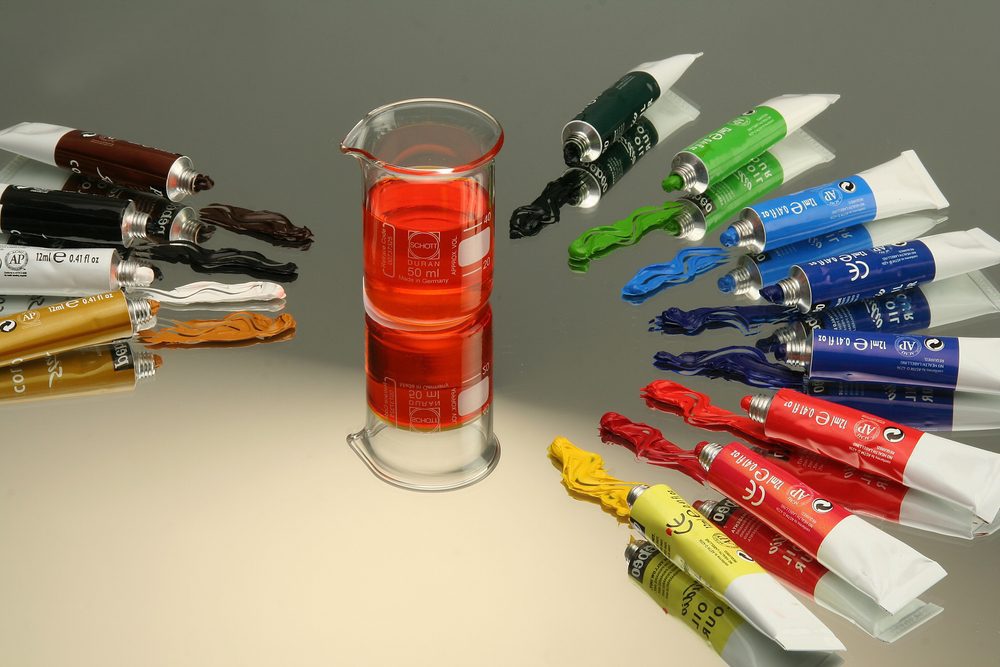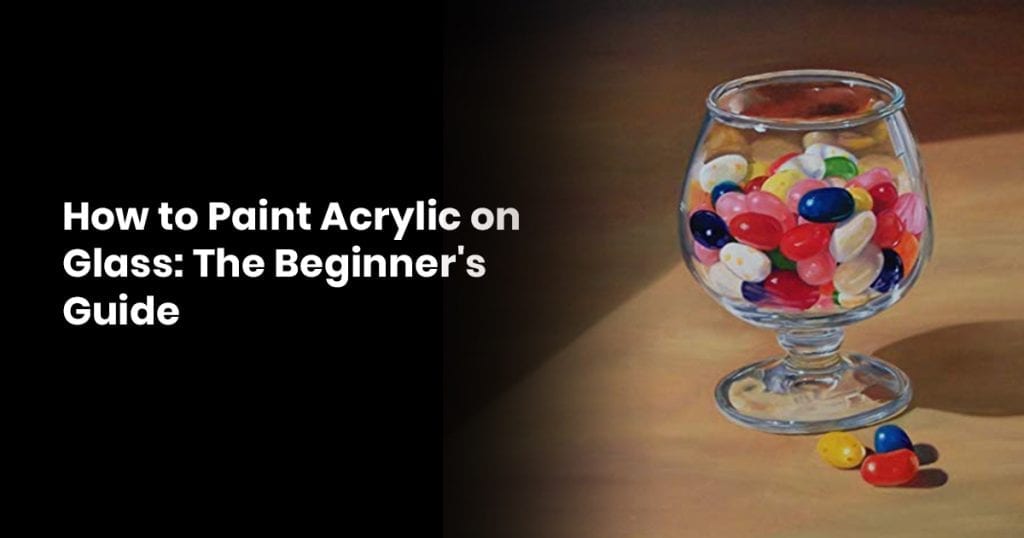When it comes to selecting the right paint for your project, one of the most important considerations is whether to choose oil-based or water-based paint. While both types of paint can be used for a variety of surfaces, they have distinct differences that can impact the application process, drying time, and durability of the finish. In this article, we will discuss the differences between oil-based and water-based paint and help you make an informed decision.
Contents
Composition
Paints are widely used for decorative purposes, protecting surfaces from the elements, and creating a specific ambiance or look. Two of the most common types of paints are oil-based and water-based paints, and they differ in several ways, including their composition.
Oil-based paint is composed of a solvent, typically mineral spirits or turpentine, and a binder, usually a type of oil like linseed oil, tung oil, or alkyd. The solvent acts as a carrier for the binder, helping it spread evenly on the surface being painted. The oil binder in oil-based paint provides good adhesion, making it ideal for painting surfaces like wood, metal, and concrete.
In contrast, water-based paint, also known as latex paint, is made up of a mixture of water, pigment, and resin or latex. Pigments are the colored materials used to give paint its color, and they are suspended in the water-based paint. The resin or latex acts as the binder, holding the pigment particles together and allowing the paint to adhere to surfaces. The use of water as the carrier for the pigment and binder makes water-based paint much easier to clean up and more environmentally friendly than oil-based paint.
Another significant difference between oil-based and water-based paints is their drying time. Oil-based paints take longer to dry than water-based paints, usually taking several hours to dry completely, and they can emit strong odors during the drying process. In contrast, water-based paints dry quickly, usually within an hour, and produce little to no odor, making them a popular choice for indoor projects.
In summary, oil-based and water-based paints have distinct compositions that affect their properties, including drying time, odor, adhesion, and environmental impact. Understanding these differences can help you choose the right type of paint for your project and achieve the desired results.
Application
Oil-based paint is known for its smooth application and flow, making it an excellent choice for painting surfaces like wood or metal. However, it can be challenging to clean up since it requires solvents like mineral spirits or turpentine. It also has a strong odor, which can be overwhelming, especially in poorly ventilated spaces. Water-based paint, on the other hand, is easy to apply and clean up with soap and water. It also has a lower odor and dries faster, making it a good choice for indoor painting projects.
Drying Time
Oil-based paint takes longer to dry than water-based paint, usually taking anywhere from 8 to 24 hours. This can be an advantage in some cases, as it allows for more time to correct mistakes or make touch-ups. However, it also means that the painted surface must be left untouched for an extended period, which can be inconvenient. Water-based paint, on the other hand, dries much faster, usually taking only 1 to 2 hours.
Durability
Oil-based paint is known for its durability and resistance to wear and tear, making it an excellent choice for high-traffic areas like doors and trim. It also has a glossy finish, which can add a touch of elegance to any surface. However, it can be prone to cracking and yellowing over time. Water-based paint, on the other hand, is less durable and can be prone to chipping or peeling. However, it is also less likely to yellow or crack over time, making it a good choice for surfaces that are exposed to sunlight.
In conclusion, the choice between oil-based and water-based paint depends on your specific project needs. Consider the surface you are painting, the application process, drying time, and desired durability to determine which type of paint is best for you.




